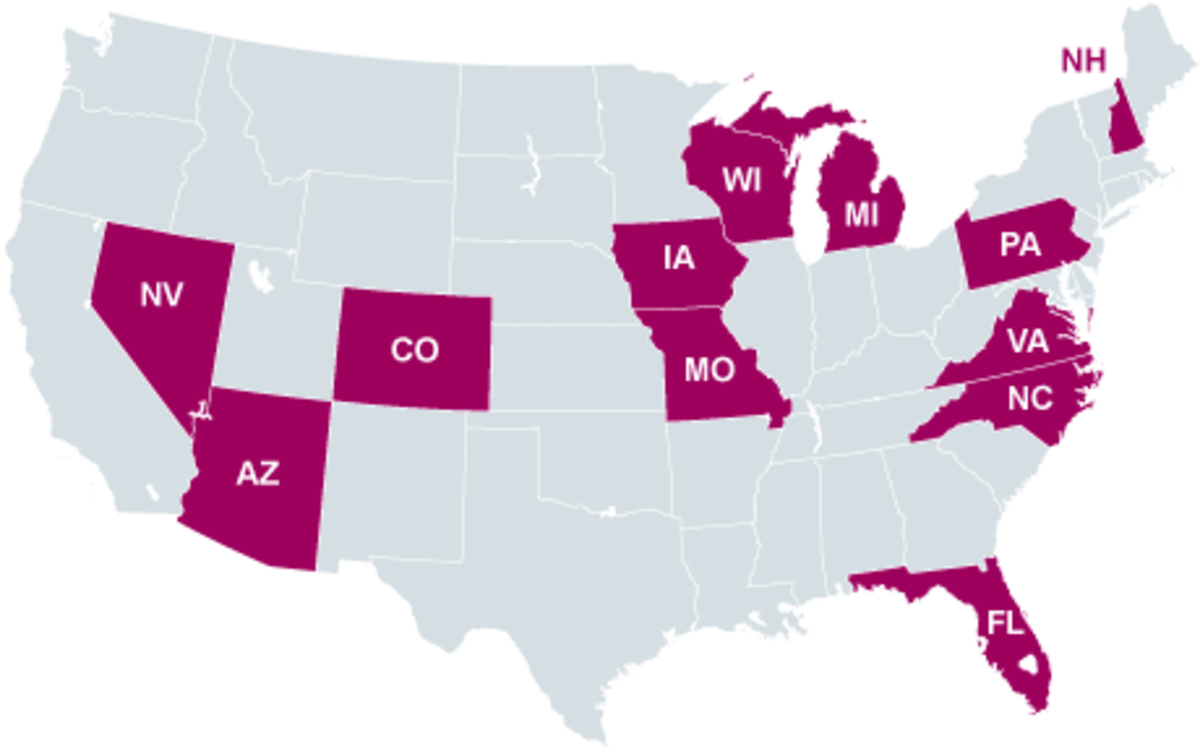D.C. Voters Choose First Elected Attorney General
Washington, D.C., Moves Toward Self-Government
District of Columbia voters chose their first elected attorney general this week when former public defender and law firm partner Karl Racine won at the polls.
Racine, 51, beat out four other contenders in a field of all Democrats. An endorsement from former President Bill Clinton helped him win the election.
Equally important in the election is the fact the attorney general election represents another move by the District of Columbia toward greater self-government that does not include control by Congress. Racine replaces Irvin Nathan, who was appointed as the District’s first attorney general by Mayor Vincent Gray.
Racine also won an endorsement from former D.C. Mayor Marion Barry, who said his background representing the city’s low-income residents earned him respect in the community. Barry has complained that the city’s low-income youth are incarcerated too often for minor offenses.
Racine has pledged that as attorney general he would send more public defenders and other local government attorneys out into the community to meet with the District’s young people.
As the first elected attorney general, Racine is expected to set standards for the office that will outlast his tenure in the job.
The election occurred only after a court battle over whether it was legal.
Washington, D.C. voters approved in 2010 the establishment of an elected attorney general by a 76 percent to 24 percent margin. The D.C. Council later voted to postpone the election until 2018.
Attorney general candidate Paul Zukerberg sued the Council, saying the delay to 2018 would violate the city’s charter by overriding the will of the voters.
A D.C. Superior Court judge sided with the Council in a February 2014 ruling but the D.C. Court of Appeals reversed the decision. The appeals court agreed the language of the Elected Attorney General Act was ambiguous about the date of the first election but that it should be interpreted to mean 2014.
Racine worked as a public defender in the early 1990s, an associate White House counsel during the Clinton administration and managing partner of the mega-law firm Venable. He is a graduate of the University of Virginia law school.






![Election 2014: A Message to The Voters [249*9]](https://usercontent2.hubstatic.com/9226753_f120.jpg)

